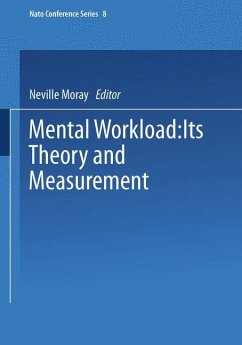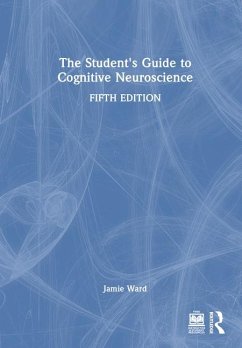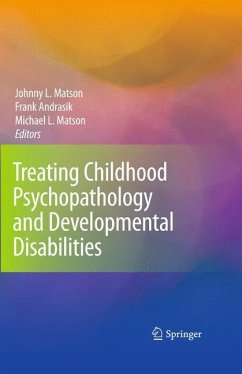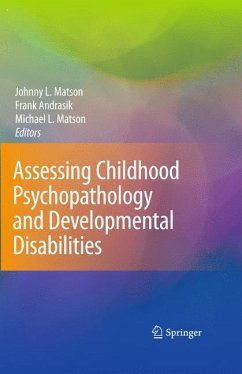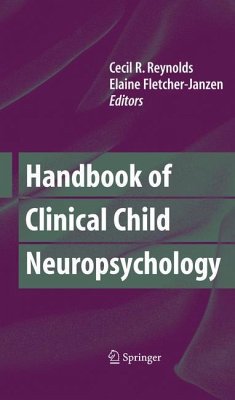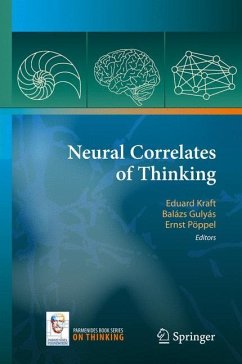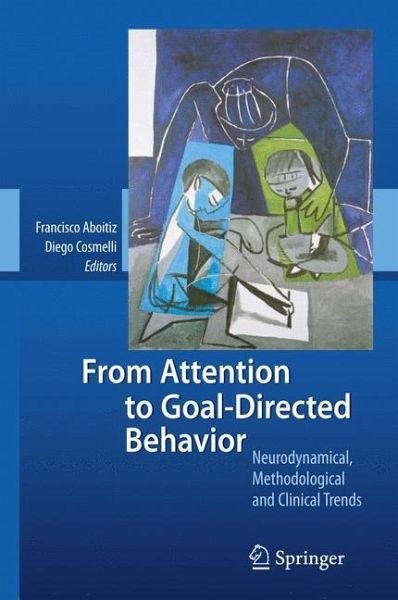
From Attention to Goal-Directed Behavior
Neurodynamical, Methodological and Clinical Trends
Herausgegeben: Aboitiz, Francisco; Cosmelli, Diego

PAYBACK Punkte
76 °P sammeln!
The authors present an updated view of neurodynamical approaches to attentional mechanisms and related percetual and consicousness questions with a take on neuropsychiatric illnesses which can shed light on these problems, specifically ADHD and schizophrenia. Furthermore, they provide novel evidence pointing to genetic and neurochemical factors as important elements determining individual diversity in neurodynamical patterns, and susceptibility to mental disease. Thus the authors present a combined neurodynamic, cognitive, neurochemical and genetic perspective that is rarely attempted in reviews on this topic. To do so they focus and develop a number of specific exemplary issues avoiding a too general review perspective so as to provide an in-depth view into the mechanisms involved.
Attention is a key psychological construct in the understanding of human cognition, and the target of enormous efforts to elucidate its physiological mechanisms, as the wealth of literature-both primary and secondary-attests (for recent compilations see Itti, Rees, & Tsotsos, 2005; Paletta & Rome, 2008; Posner, 2004). But in addition to asking what attention actually is, decomposing and analyzing its varieties, or delimiting its neurobiological mechanisms and effects, in this volume we want to explore attention somewhat differently. We believe that a full-fledged theory of attention must consider its workings in the context of motivated, goal-directed, and environmentally constrained organisms. That attention is related to goal-directed behavior is not news. What the contri- tions to this volume do suggest, however, is the existence of fundamental links between attention and two key processes that are crucial for adapted conduct: go- directed behavior and cognitive control. Importantly, they show that these relations can be explored at multiple levels, including neurodynamical, neurochemical, evo- tionary, and clinical aspects, and that in doing so multiple methodological challenges arise that are worth considering and pursuing. The reader will find here, therefore, a selection of contributions that range from basic mechanisms of attention at the n- ronal level to developmental aspects of cognitive control and its impairments. Another trend that will become evident is that, in different ways, the authors stress the need to understand these issues as they unfold in natural behavior (both healthy and pathological), thus arguing for a more ecological approach to these questions.





